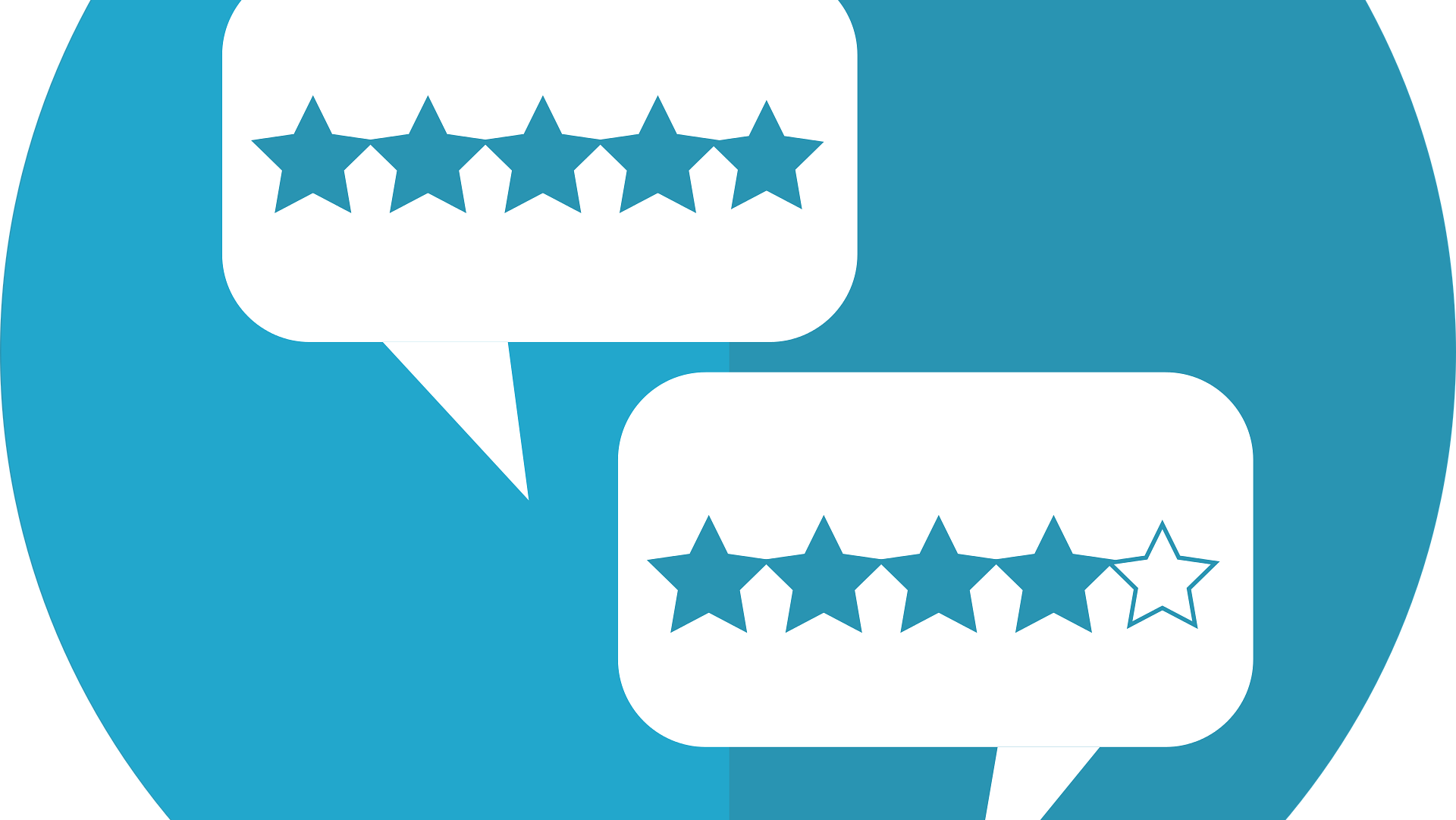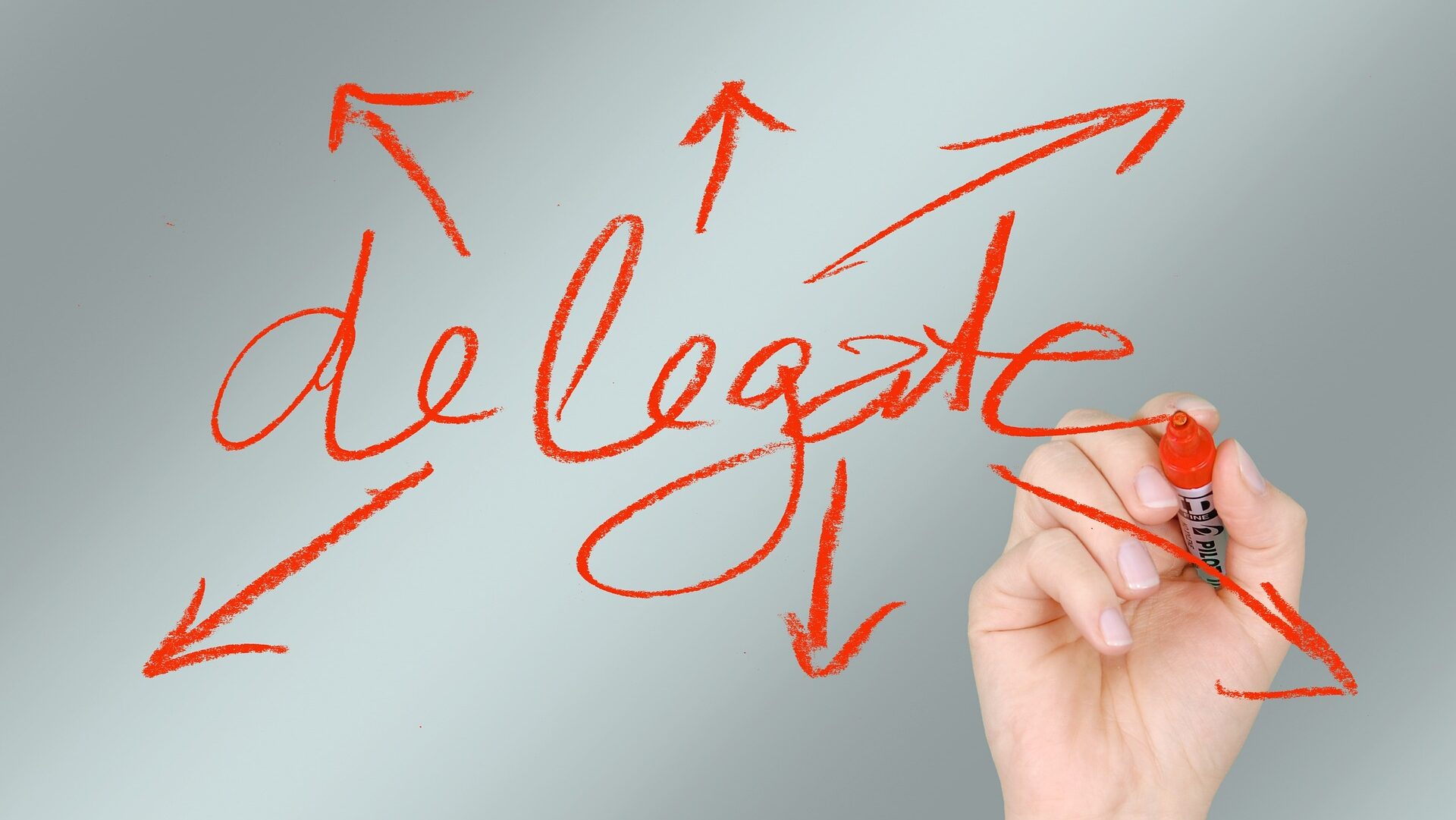5 Ways to Engage Millennial and Gen Z Talent
Lessons learned from Deloitte’s 2019 Millennial Survey.
Uneasy. Pessimistic. Dissatisfied. Skeptical. Disillusioned.
These words from The Deloitte Global Millennial Survey should give every accounting and finance leader pause. The morale and engagement of millennials (those born between 1983 and 1994), who will soon make up over one-half of the global workforce, and Gen Z workers (those born after 1994) who are or soon will be making their way into our entry-level job openings, stand to impact our organizations in countless ways. And the immediate concern now is that Deloitte’s new MillZ Mood Monitor, a way to gauge younger workers’ optimism (or pessimism, as the case may be) toward the economy, social/political climate, personal finances, the environment, and business, is reflecting a mostly negative sentiment.
With a maximum score of 100 on the Millz Mood scale, millennials registered a 39 and Gen Zers a 40. You might be asking, “So what?”
Here’s the most relevant finding for business leaders: 49 percent of those surveyed would quit their job within the next two years if they had a choice. It is the highest percentage in the eight years Deloitte has conducted its survey, an increase from 2018 and a big jump from 38 percent in 2017. Dissatisfaction with pay, advancement opportunities, and development opportunities top the list of reasons for potential near-term exits.
The appeal of the gig economy is another eye-opener. One-half of millennials said they would consider joining the gig economy through contract or freelance work. Over 60 percent would supplement their current job with a side gig. Uncertainty and risk are the primary holdbacks, but those perceptions could change if an economic slowdown forces workforce reductions.
I regularly meet leaders whose first inclination is to throw up their hands as if there’s nothing they can do to please the younger generations in the workplace (and that includes millennial leaders who are frustrated with their peers). So, let me offer a more constructive response; here are five ways to engage your millennial and Gen Z talent.
- Provide Interesting Experiences
Younger generations value experiences over material possessions. In many instances, they would rather travel and see the world than earn high salaries, own a home, or even start a family. Recognize the importance of experiences and appeal to this preference when planning work assignments and workplace social activities.
First, incorporate a variety of projects into workloads that challenge staff and keep their work fresh. Consider adding paid time-off on either side of out-of-town projects that allow workers to visit the area. Second, rather than a traditional office holiday or summer party, plan a gathering at a local attraction or new venue. Escape rooms are a popular activity; discover what’s trending among the rising generations in your workplace.
- Highlight Your Social Impact
Accounting firm owners might find it more challenging to articulate their social impact than a nonprofit executive whose organization is providing clean water in third world countries. Don’t give up. Identifying and communicating the positive impact your team or organization is making in the world is becoming increasingly important to recruiting, retention, and business initiatives.
Engage your team to trace their work to the ultimate customers or constituents who benefit from it. A coaching client in the property management business was able to expand her view from building the wealth of investors to providing clean, affordable housing for residents in her community. When I was a managing partner in a CPA firm, a fast-food franchisee helped our staff see their work as not just helping grow her business but providing jobs where her stores were located.
- Invest in Professional Development
Only one in five survey respondents believe they have all the knowledge and skills to succeed in their future workplace. That’s not surprising. What is surprising is the disconnect between leaders’ and workers’ expectations of the responsibility to acquire the necessary knowledge and skills. Over 50 percent of both millennials and Gen Z workers feel it’s the responsibility of employers and educational institutions to prepare them for success. In a separate Deloitte study, business leaders contend the burden falls on individuals and schools, not employers.
I suggest overcoming such a disconnect with a structured professional development plan for each worker. Co-create the plan by understanding the individual’s desire for growth and advancement. Incorporate formal training, mentoring, and coaching, along with stretch assignments. And don’t forget to remind your team members of how they are growing and developing (they don’t always realize it themselves).
- Offer Financial Counseling
You’ve certainly heard about the student loan crisis in America. So, please don’t assume that millennials and Gen Zers (or any generation of worker) with accounting degrees are experts in managing personal finances. They may be proficient with debits and credits but lack basic budgeting skills. They may not understand the complexities of loans, insurance, mortgages, retirement plans and investments, or the importance of having a will.
Your annual benefits enrollment period is an excellent time to offer financial counseling, training, or mentoring. Who wouldn’t benefit from a deeper understanding of the typical health plan’s copay, deductible, or coinsurance, provisions? Or learning how to analyze a home purchase versus rental decision? Or navigating a 401(k) and all the investment vehicles available within it. All are great opportunities to connect younger workers with those who have experienced these scenarios.
- Engage in Meaningful Conversation
Stereotypes and eye-rolls don’t help anyone. Instead, bring younger workers together with leadership for meaningful conversation. Practice active listening to understand what matters most to them and how the organization can address those concerns. Be candid when expectations and perceptions don’t align and find ways to bridge the gaps.
You can start by seeking ideas to implement the first four tips in this article. Host a discussion about the gig economy—some of your team members may be dipping their toes into that water with a side hustle. Maybe even explore ways to incorporate some of the benefits of the gig economy in your workplace (flexible hours and work-life balance are big ones). And be sure to help younger workers understand the risk you absorb as the employer.
The good news out of Deloitte’s survey is that millennial and Gen Z workers show deeper loyalty to employers who are sensitive and proactive about the issues that are important to them. There’s a strong correlation between workers who plan to stay and their organization’s attention to community impact, talent development, diversity, and inclusion, along with financial performance.
P.S. Other research indicates that Gen Z workers prefer bosses that are millennials over baby boomers and Gen Xers. What are you doing to develop these emerging leaders in your organization?
This article was first published in my Leadership Matters column for the Illinois Society of CPAs Insight magazine.









